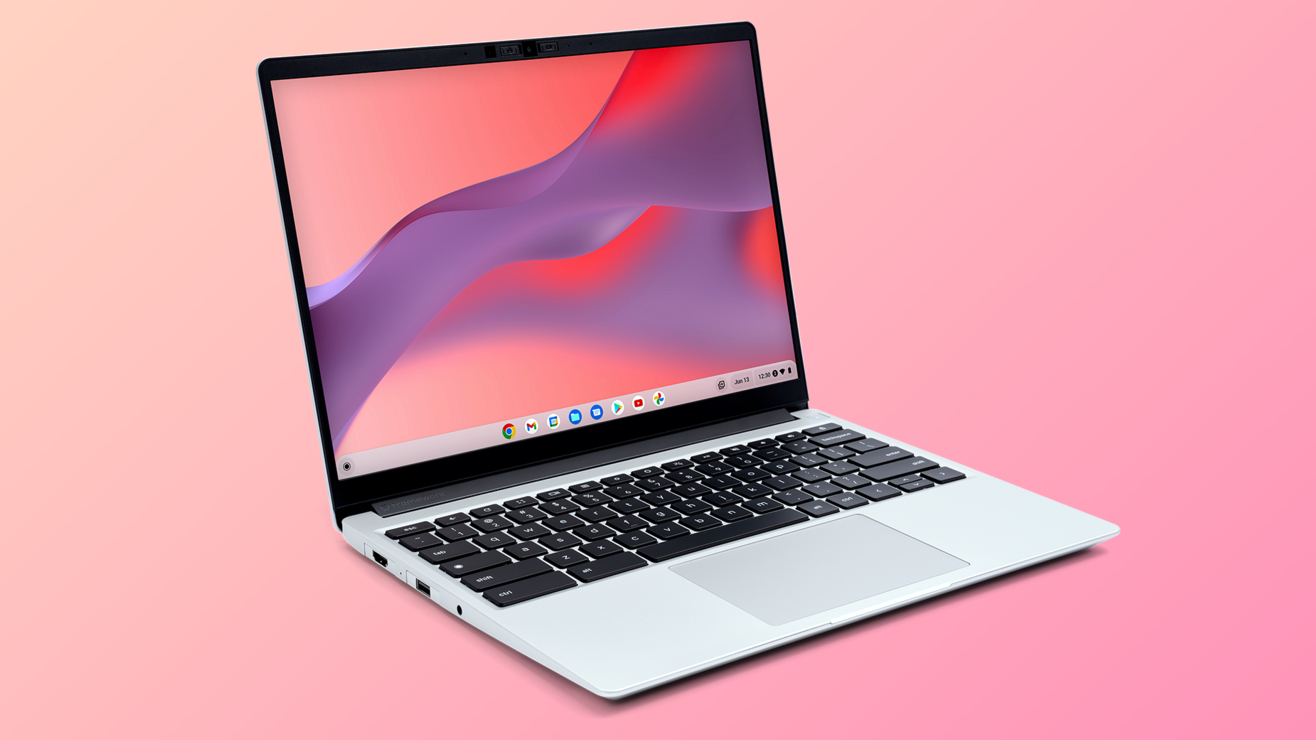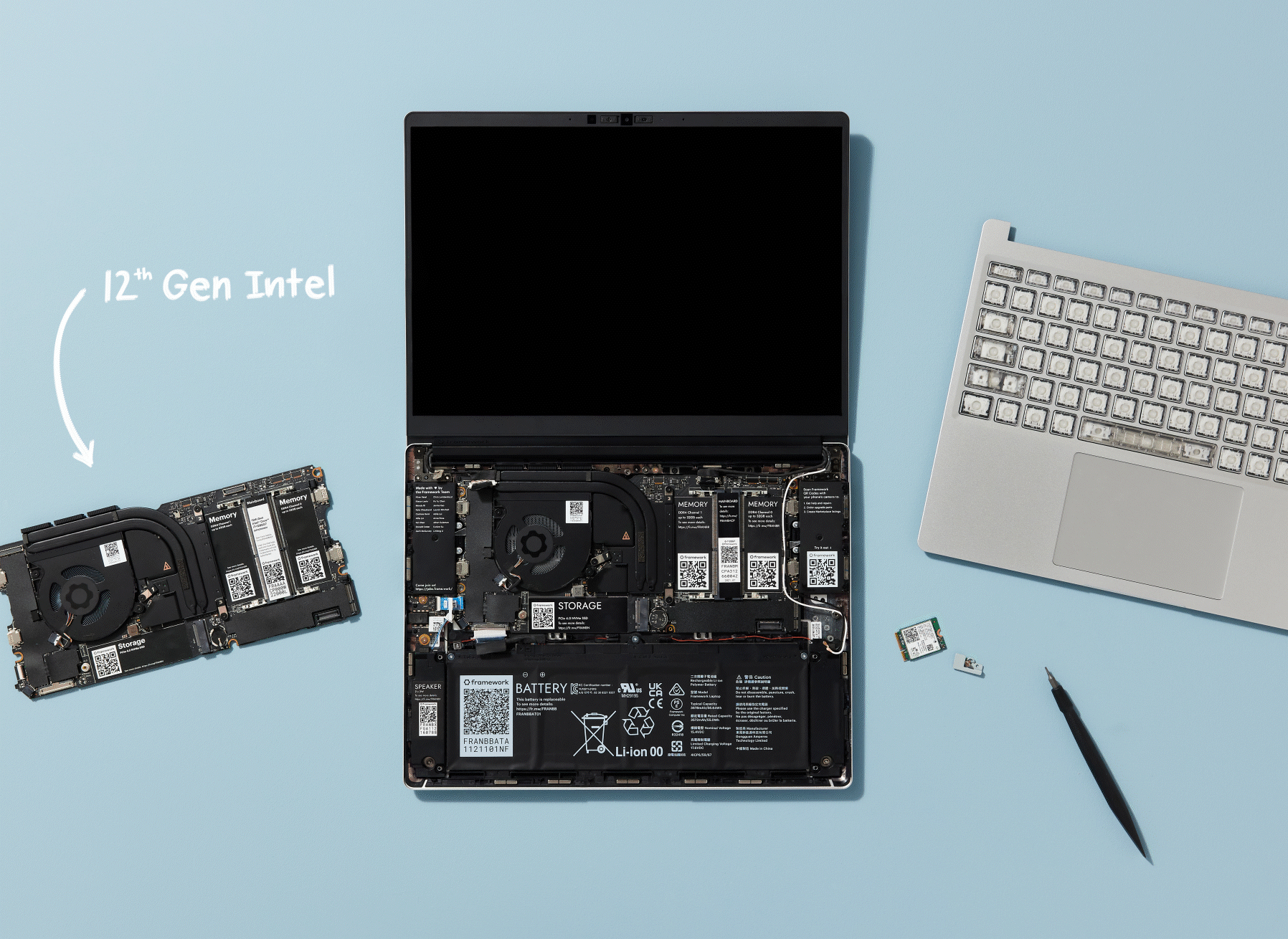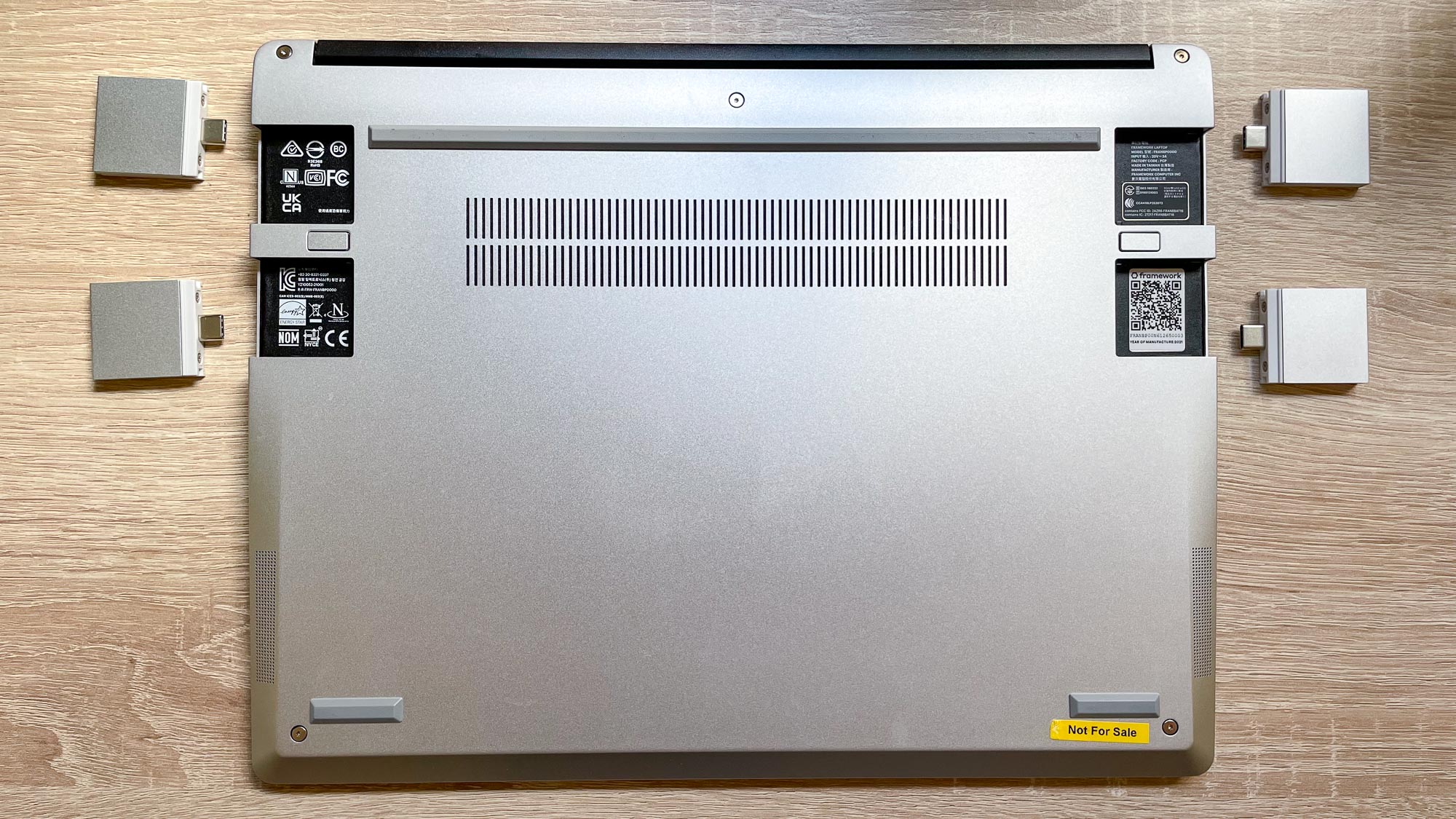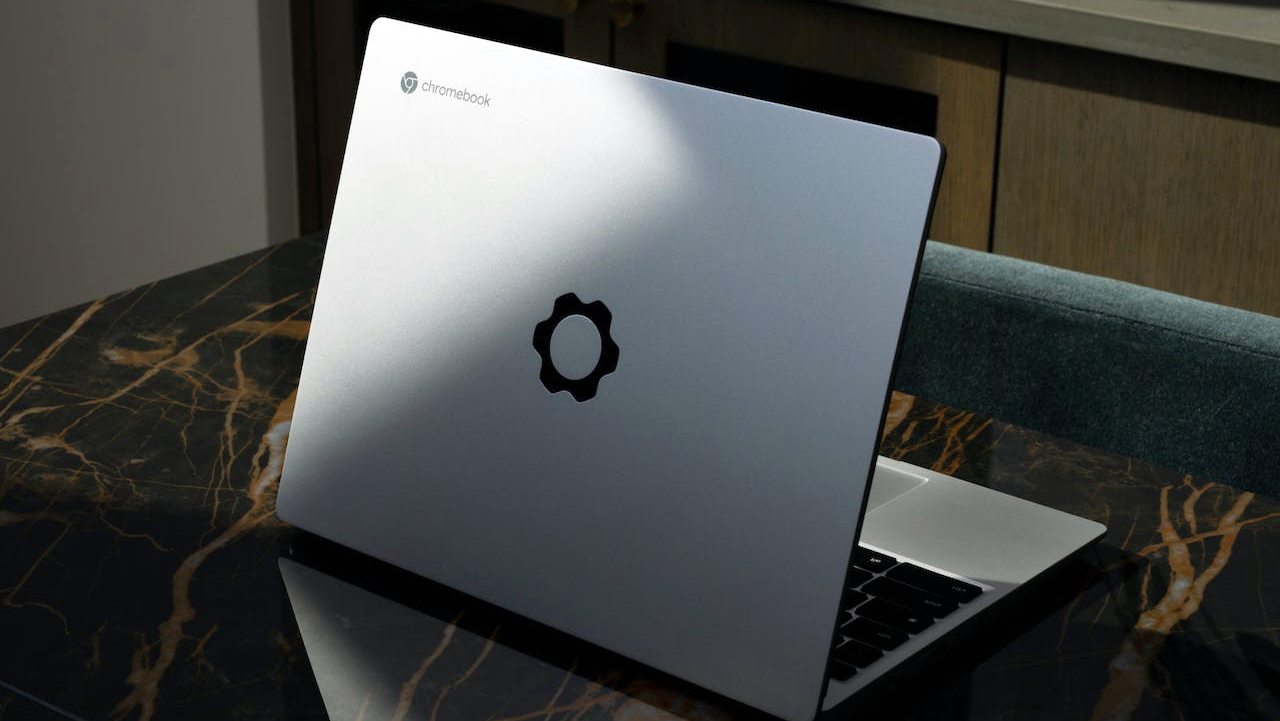Framework’s making a Chromebook, and I couldn’t be more excited — here’s why
The team at Framework this week announced plans to release a Chromebook edition of its Framework Laptop later this year in partnership with Google. And I’m here for it.
Admittedly, this isn’t the next big thing I was hoping Framework would attempt after making waves with its incredibly repairable Framework Laptop in 2021. In my Framework Laptop review, I called it one of the most exciting PCs of the last decade, and with good reason: these laptops are designed from the ground up to be easy to modify and repair with a single screwdriver, which Framework includes for free.
And in my experience, Framework laptops are really are easy to crack open and futz around in. That’s due to the way the company designs the chassis to be easy to open and easy to understand, printing labels next to each replaceable part with QR codes that take you directly to a page with links to repair guides and replacement parts.
But one thing Framework Laptops aren’t designed for, in my experience, is high-octane computing. With the latest 12th Gen Intel Core chips, they’re pretty speedy in day-to-day tasks, but without a discrete GPU, you won’t be playing many demanding games on these laptops.
I’d hoped Framework might expand upon its initial offering by releasing a laptop with space for a replaceable discrete laptop GPU, or perhaps an Expansion Card slot for an external GPU, so that we might one day see a device as user-repairable as the Framework end up on our list of the best gaming laptops.

But no, Framework went the opposite direction and built a Chromebook. And now that I’ve had some time to look over the details, I think it’s clearly the right move —and a far smarter one than trying to wade into the gaming laptop market right now. Here’s why.
Framework Laptop Chromebook Edition: Good idea, bad name
The Framework Laptop Chromebook Edition (talk about a mouthful) will begin shipping in December 2022. It’s available for pre-order in the U.S. and Canada right now via Framework’s website (opens in new tab) at a starting price of $999.

It’s easy to envision a future in which students ask for a replacement keyboard or screen after they’ve ‘accidentally’ pushed their Framework Chromebook off the desk, instead of asking for a whole new Chromebook.”
That’s about $50 less than the $1,049 starting price of the current Framework Laptop, which currently ships with 12th Gen Intel chips inside. Of course you can get the basic Laptop for cheaper if you opt for the DIY Edition, which must be assembled and starts at $819. For that price, though, you’ll need to provide components like storage, RAM and the operating system yourself.
Framework does not appear to be offering a similar DIY edition for the Framework Chromebook, which is sort of a letdown since Chromebooks are frequently bought for students. You could easily envision a class of students being provided with Framework Chromebooks they assemble themselves to better understand how they work.

That’s part of why I’m so excited Framework is making a Chromebook: Classrooms. Students and teachers are core demographics for Chromebooks, and now that Framework sells one, it’s easy to envision a future in which students ask for a replacement keyboard or screen after they’ve “accidentally” pushed their Framework Chromebook off the desk, instead of asking for a whole new Chromebook.
Like the current Framework Laptop, the Framework Chromebook (or Framework Laptop Chromebook Edition, if you want to be on brand) ships with a 13.5-inch 3:2 (2,256 x 1,504) display in a chassis that weighs less than 3 pounds and is just 0.62 inches thin, making it nearly as thin and light as Apple’s MacBook Air M2.
Framework’s Chromebook has the same customizable Expansion Card system as its laptop, so you can buy cards that slot into four slots on the bottom of the machine and provide ports (USB-A, USB-C, microSD, HDMI out, etc.) or extra storage. The Chromebook is designed to be fully user-repairable.

Unlike the Framework Laptop, the Framework Chromebook is currently only available for pre-order with an Intel Core i5-1240P CPU, 8GB of RAM and a 256GB SSD for storage. However, Framework will provide guides on buying and adding more RAM and storage — and it will sell memory and storage itself via the Framework Marketplace. The Framework Chromebook also comes with a Titan C security chip built in and sports louder speakers and a better-optimized battery than the Framework Laptop, according to the company.
But perhaps most importantly, the Framework Chromebook ships with ChromeOS pre-installed. While you could achieve close to the same effect by installing ChromeOS Flex on an existing Framework Laptop, you would miss out on key ChromeOS features like native support for Android apps and Google Play, automatic firmware updates (the Framework Chromebook will get updates until June 2030) and the added safeguard of the Google-designed Titan C security chip.

The Framework Laptop Chromebook Edition will have all of these core Chromebook features, but on the outside, the only change you’ll notice is the addition of a little Chromebook logo in the corner of the lid. Other than that, the new Framework Chromebook appears to share all the same strengths as the Framework Laptop, easily my favorite laptop of 2021.
Framework Laptop Chromebook Edition outlook
Now that I’ve gotten over my initial surprise at seeing Framework partner with Google to build a Chromebook, I’m starting to get excited about what this means for the future of sustainable computing.
When Framework first started pitching me on their plan to ship a user-repairable laptop last year, I thought it was a great idea that could never succeed in the marketplace because I doubted many people would want to mess around with their laptop’s innards. When I got my hands on a review unit, I had to admit I was wrong, and that Framework really has made the most repairable and upgradable laptop in history readily available at a competitive price.
Now the company has taken meaningful steps toward a future in which kids are issued Chromebooks that are meant to be cracked open and futzed with. Admittedly, the $999 starting price puts the Framework Chromebook beyond the reach of all but the most well-endowed educational institutions. But that could change over time, and even if it doesn’t, at least some kids will be using Chromebooks next year that they can repair and upgrade themselves. And that’s fantastic news for anyone who cares about the future of tech education and sustainable computing.
For all the latest Technology News Click Here
For the latest news and updates, follow us on Google News.
